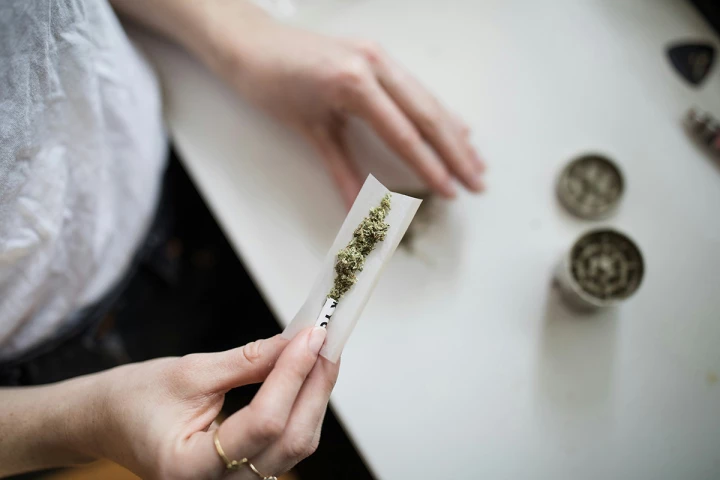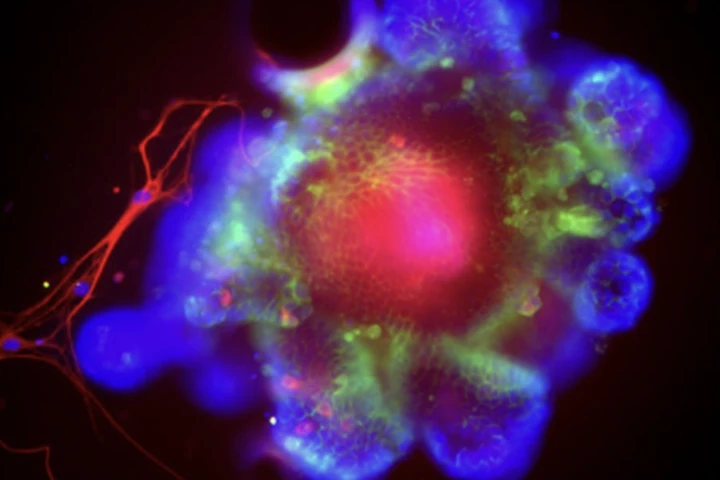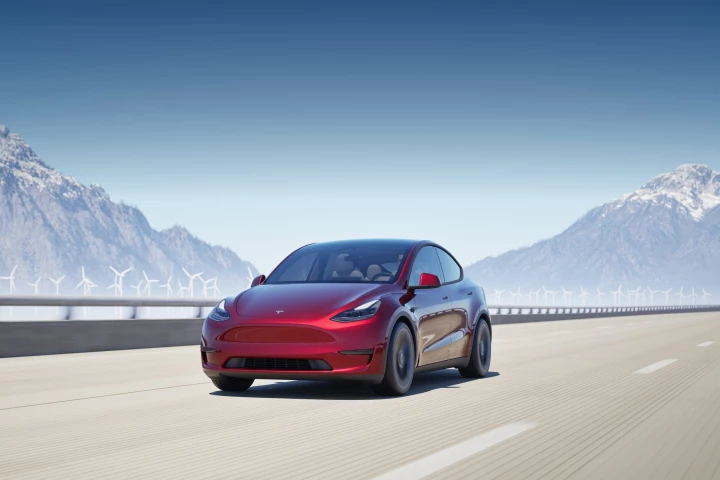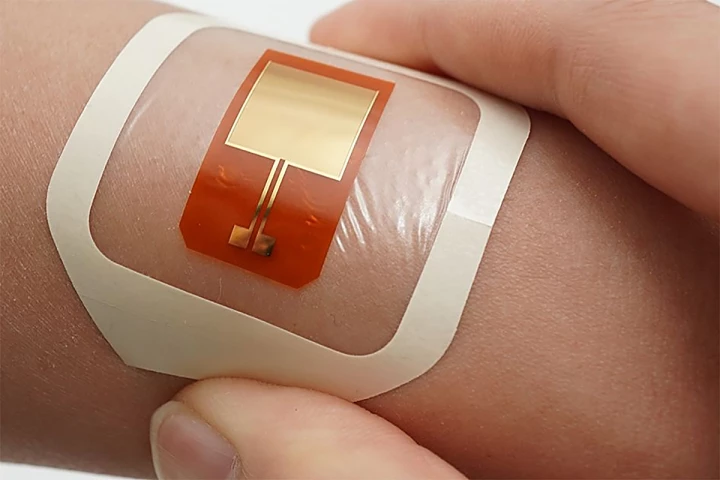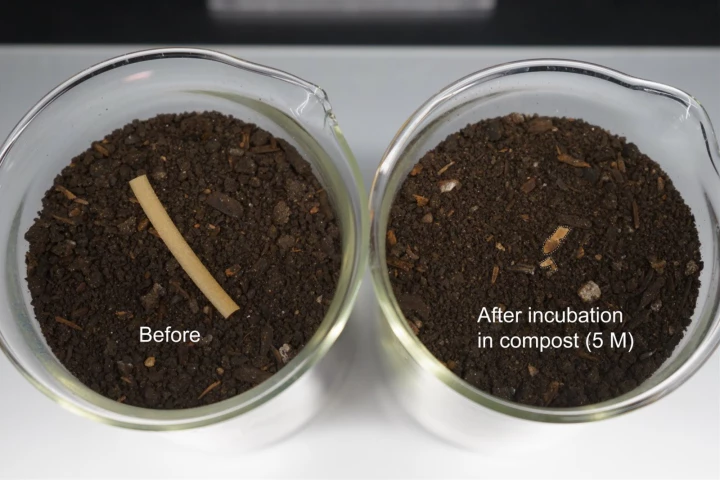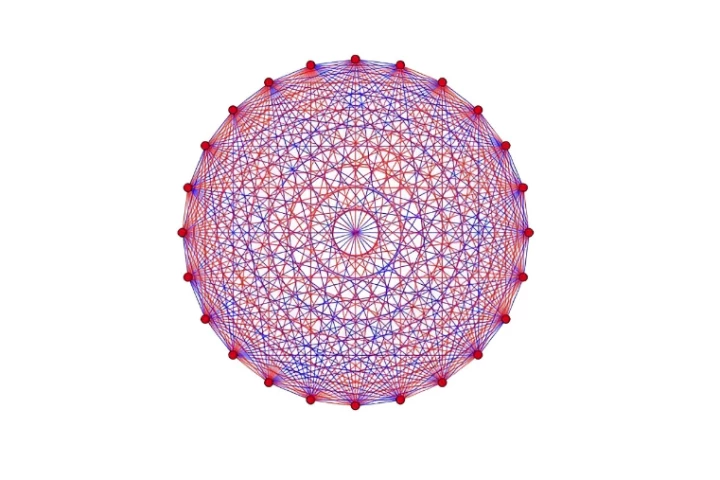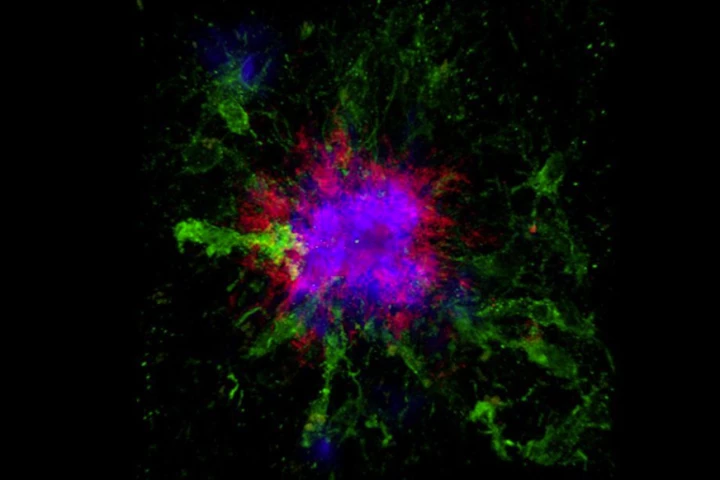university-of-california-san-diego
-
Researchers have identified specific regions of the human genome connected to cannabis use, which means the propensity to get addicted to weed may be encoded in our DNA.
-
Scientists have discovered how alcohol cuts off an immune surveilence system in the gut, letting bad bacteria escape detection and flood the liver, causing widespread damage. This inflammation is the key driver of alcohol-associated liver disease.
-
Reliability and longevity may once have been among the most common reasons for not owning an electric vehicle. But a new study claims that battery-powered electric vehicles are now equally reliable – and can run for longer – than conventional vehicles.
-
As more bacteria become increasingly resistant to antibiotics, we need more ways to fight infections. That's where this new patch comes in. With a gentle electric zap, this wearable could prevent bacteria from doing a number on us through our skin.
-
New research has found that mindfulness meditation reduces pain by engaging a distinct brain pathway from the pathway activated by a placebo. The standalone analgesic effect that mindfulness produces could be leveraged to help people living with painful conditions.
-
A new biodegradable plastic embedded with spores of plastic-eating bacteria manages to break down 90% of the material after five months in landfill. Weirdly, this actually made the plastic tougher and stronger during use.
-
Forget politics; if you want to divide a crowd, ask if anyone enjoys mathematics. But even the most maths-averse people may still be impressed by two researchers who have solved a problem that has been stuck in the same puzzling place since 1937.
-
Six million Americans are living with Alzheimer’s disease, and with it comes the physical behaviors that are responsible for 80% of nursing home admissions. Researchers believe fasting set to circadian rhythms could alleviate these awful side effects.
